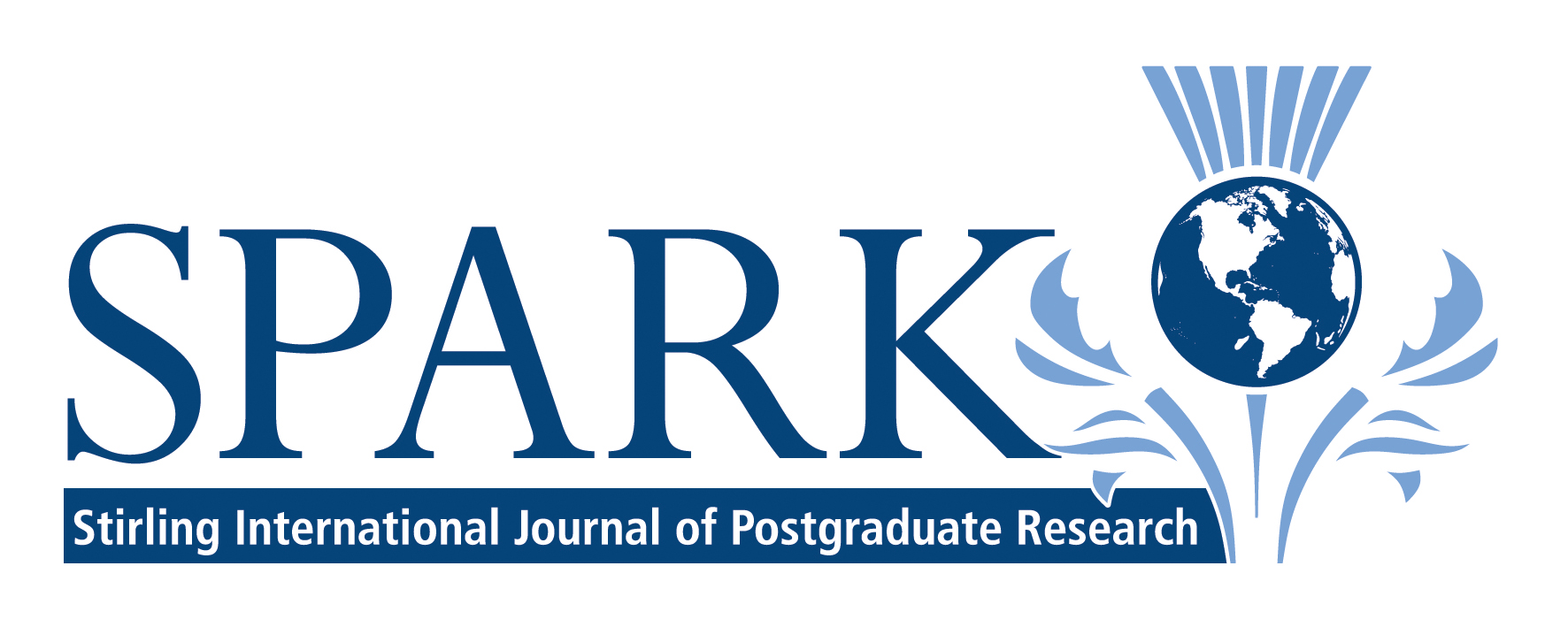Society as The Human Ecology: Meeting and Navigating Challenges of the New World
Victor Tan, University of StirlingAbstract
The idea of society as a human ecology was developed back in the 1920s by the Chicago School of Sociologists, which included Park, Burgess, Thomas, and Wirth. Traditionally, the concepts are grounded on four constructs: Population, Technology, Organization and Environment. In the current era, however, the distinctions between each construct are no longer as defined, given trends and rates of development of the current society. The paper expresses support for the notion that the current human society needs to function as a singularity to meet and navigate the everchanging environment, rather than individual distinctive constructs, drawing evidence from the Covid- 19 saga that put the world on hold and true recovery from it is indeterminable. The paper will discuss and summarize some of the factors, from past to present, that made the world ‘smaller’ through their development. Perspectives, primarily human, cultural and political priorities, are discussed broadly, rather than in-depth, from structural standpoint due to the multitude of existing paradigms. Both the repercussions and advancements will be discussed critically in their relation to current developing issues. Suggestions will be made in consideration of a critical lens when examining issues in the current world, where boundaries are no longer as defined either in the cultural or political sense. The paper also suggests further research into the implications of the ‘Digital Divide’ and ‘Social Media’ with justification due to their development-leading predisposition.
Want to get involved?
Victor Tan, University of Stirling
